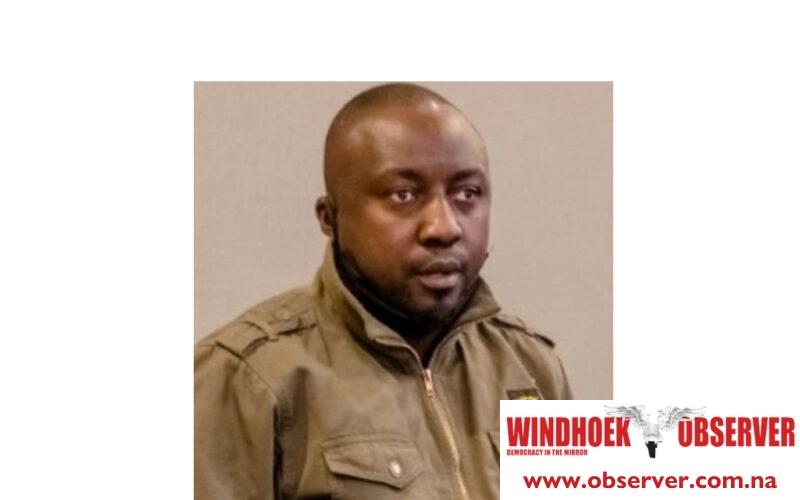Stefanus Nashama
The Popular Democratic Movement (PDM) has urged the government to waive income taxes for electricity companies to lower electricity costs for consumers.
This plea follows the Electoral Control Board’s recent tariff increase from N$1.82 to N$1.98 per kilowatt-hour, with further hikes anticipated.
Hidipo Hamata, the party’s secretary for information and publicity, expressed concerns about the tariff increases in a statement on Sunday, calling them “deeply troubling.”
“Namibian households are already grappling with economic hardship, exacerbated by inflation and a sluggish economy. Electricity is a fundamental necessity. The additional costs will be catastrophic for households already on the brink of economic collapse,” he said.
Hamata warned that these added costs could devastate families already teetering on the edge of financial instability, making it even more difficult for them to cover their daily expenses, especially with an eight percent hike.
Hamata said the PDM believes that by reducing or eliminating these taxes, the government can directly alleviate the financial burden on consumers.
He added that this move would demonstrate a genuine commitment to public welfare and ensure that the essential service of electricity remains accessible and affordable for all Namibians.
Hamata also urged the government to consider subsidising electricity for low-income households.
He said that this will shield the most vulnerable from the harsh economic realities.
“This could be funded by reallocating resources from less critical areas or through international aid and investment in renewable energy projects,” he stated.
Hamata suggested that there should be a focus on improving energy efficiency and reducing waste.
“Educating the public on energy-saving measures and investing in more efficient technologies can help mitigate the impact of rising electricity costs.
We stand firm against the current electricity price hikes. We believe that maintaining affordable electricity is crucial for the well-being of all Namibians,” he stressed.
The PDM also urged the ECB and the government to reconsider their stance and work towards a more equitable and sustainable energy policy that benefits all Namibians.
Hamata claimed the decision by the ECB violates Article 95(b) of the constitution.
According to the constitution, the article emphasizes the state’s role in ensuring public welfare through reasonable measures.
“The escalating costs of utilities like electricity violate this principle, making it imperative for the government to intervene and protect its citizens from undue financial burdens,” he stated.
Hamata said that higher electricity prices lead to increased production costs, which results in higher prices for goods and services.
He further expressed that higher electricity costs inflate the cost of living.
Hamata questioned whether the government would subsidize food and other household items if it exempts businesses and farmers from tariff hikes.
According to him, it was the third time in recent years that PDM has urged the government and the ECB to reconsider the tariff increments.
He highlighted that such increments indicate a severe disconnect between policy decisions and the real-life struggles of ordinary Namibians.
“Our stance remains clear: electricity prices must not increase,” he stated.
He has since urged the government and the ECB to review the decision.
Last week, residents of Windhoek petitioned the minister of mines and energy, Tom Alweendo, to review and potentially reverse the approval of the proposed increase in electricity prices for the 2024–2025 financial year for the City of Windhoek.
Windhoek-based social justice activist Shaun Gariseb explained that with the increase in N$100.00, consumers will receive fewer than 40 units of electricity.
Gariseb initiated the online petition on Friday, which has so far garnered 2800 signatures.
“All residents are affected in these tough financial times; it will negatively affect individuals and businesses,” he said.
Gariseb emphasised the urgency for ratepayers to sign the petition, as well as the impending implementation on 1 July.
The approved tariff schedule for the City of Windhoek was withheld by ECB until they submitted an updated progress report on their Electricity Department’s ring-fencing programme.




